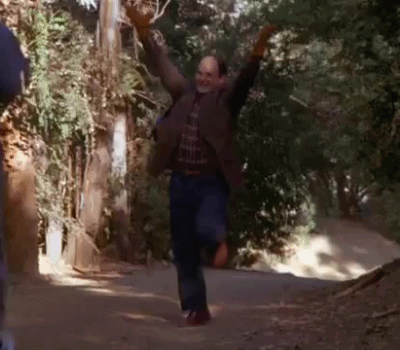- Blog Home
- Social Media Marketing
- Katelynne S
- Content Marketing: Why Are My Social Shares Dropping?
Content Marketing: Why Are My Social Shares Dropping?

Generating social media buzz is an important part of your content marketing strategy. After all, what good is your content if only a handful of people ever see it? But keeping that buzz going can be difficult. If you've noticed your number of social shares dropping, you're not alone. Here's why it's happening and what you can do about it.
Is it just me?
When social media started to really take off in the late 2000s, businesses jumped on it as a way to increase brand awareness, connect with current customers and find new leads. Social sharing became the new black, but it didn't take long for the shine to wear off. According to the 2018 Content Trends Report put out by BuzzSumo, social sharing for content has dropped across the board by 50 percent since 2015.
One reason for this is just market saturation. Every brand and business worth their salt now has a solid social media presence and has realized the bottom-line benefits of a solid content marketing strategy. If you wrote a blog on the best cheap travel destinations, chances are that least five other businesses did as well.
Facebook is also a huge influencer in how social sharing happens. However, as it keeps changing algorithms -- most recently making it more difficult to even get your content seen -- it is harder to stay on top of the social content marketing game.

When you find out it's not just you.
How Worried Should I Be?
A drop in your social media shares is definitely something to watch and adjust for, but you don't have to freak out about some lulls here and there. No one can produce content that goes viral every time. A/B testing is an important part of content marketing, and through that process, you can make incremental successes that ensure you're always improving. Shares also shouldn't be the only benchmark you're using to measure how well your content is performing. Even if you get tens of thousands of shares, if you're not looking at how much time people are spending on your site, conversion rates, and backlinks, you're only seeing part of the picture.
How Can I Combat Falling Numbers?
While it's true that the amount of content being published continues to increase, and it doesn't take long for a topic area to be saturated, that doesn't mean there's no way to get your social shares back up. Google is still a huge player and, according to the 2018 Content Trends Report, it can bring in twice as many referrals than social media. Original, value-driven content is still the best strategy.
Creating content worthy of backlinks -- think more research-based articles and less BuzzFeed -- means you'll get more shares over the long term. Clickbait headlines and the popular listicle used to be the go-to formats to generate social media buzz, but this has become less effective over the last few years. If you want to get people talking about (and sharing) your content, you're going to want to focus on creating a reputation for being a reliable, knowledgeable resource in your industry. One way to do this is with long-form content. Blog post lengths have been steadily rising over the past few years, and in 2017, the average word count was 1,147. If you're still focusing on 300- to 400-word posts, you may be selling your brand short. There's no magic blog post word length, you write as much it takes to be the best resource for the query or queries your post is trying to answer.
You may also want to rethink where you're focusing your social media strategy. While Facebook was once king, the new changes mean you might have better luck publishing on platforms like LinkedIn, where content sharing is still growing. You may get fewer shares when it comes to overall volume, but the readers you do get are more likely to stay engaged. Have you done the research necessary to know where your audience is? It never hurts to revisit that question.
Bottom line: Falling social media shares don't have to signal the beginning of the end. With the proper content marketing strategy and a focus on authoritative, value-providing pieces, you can get your social sharing and your business back on track.